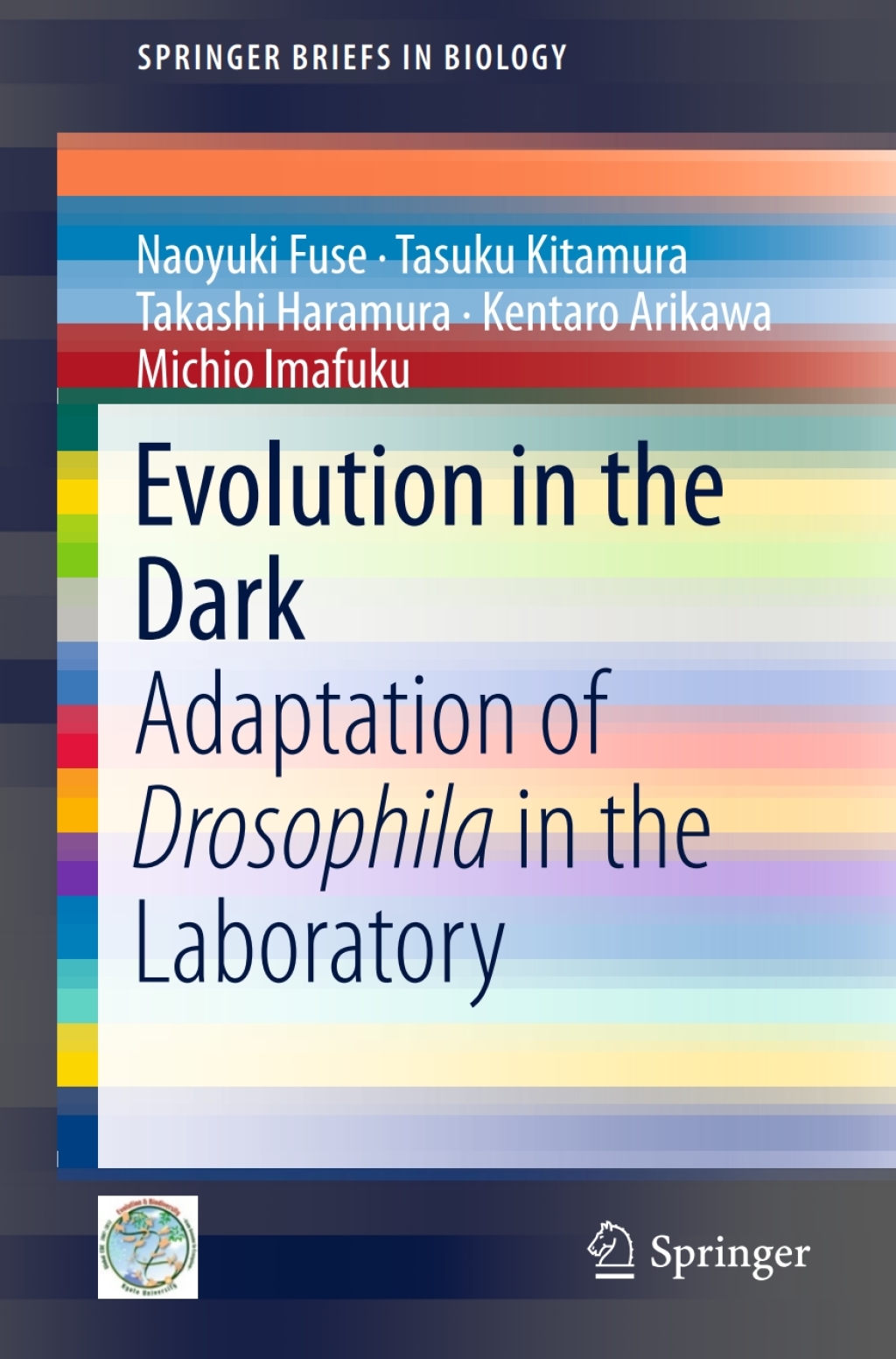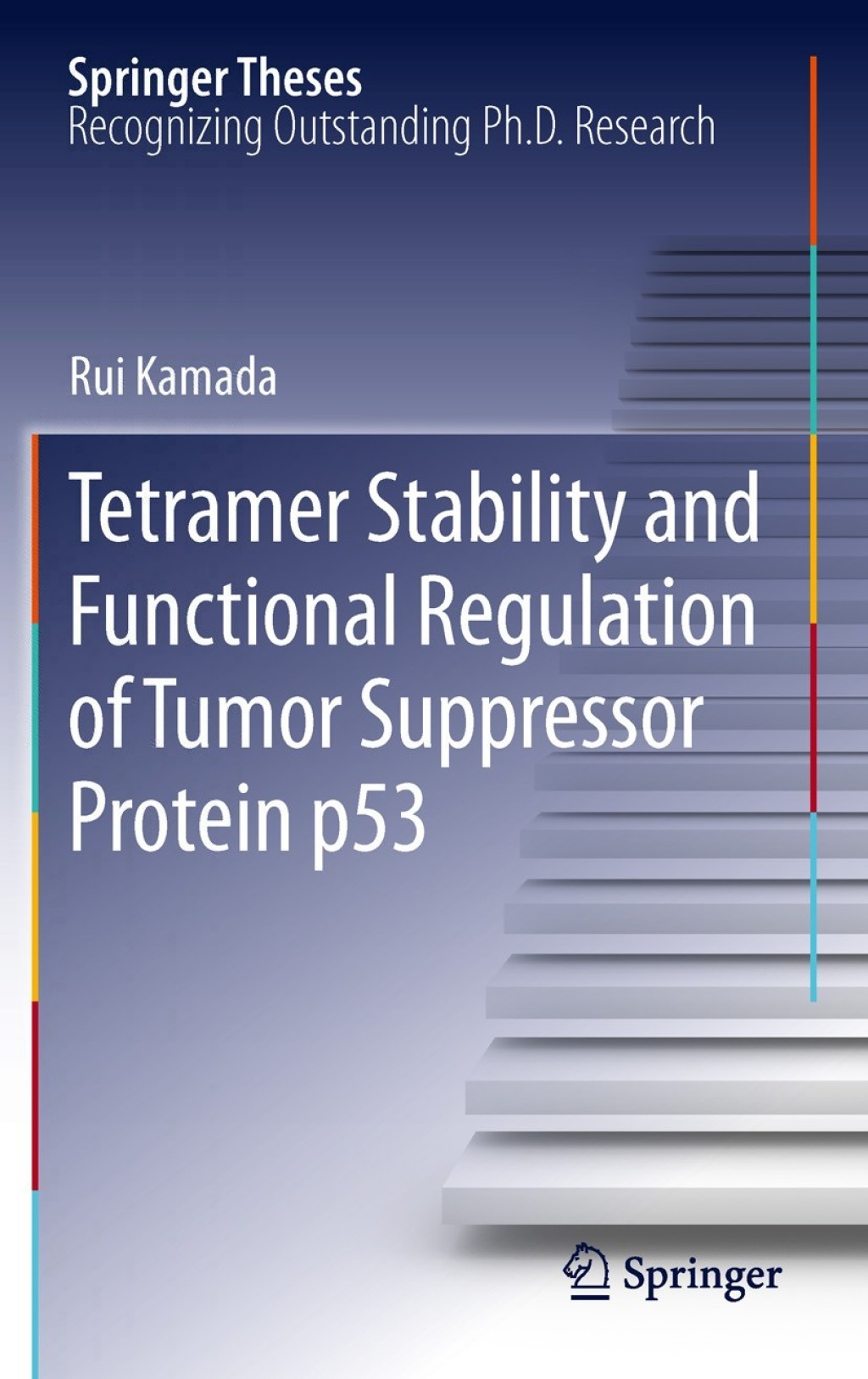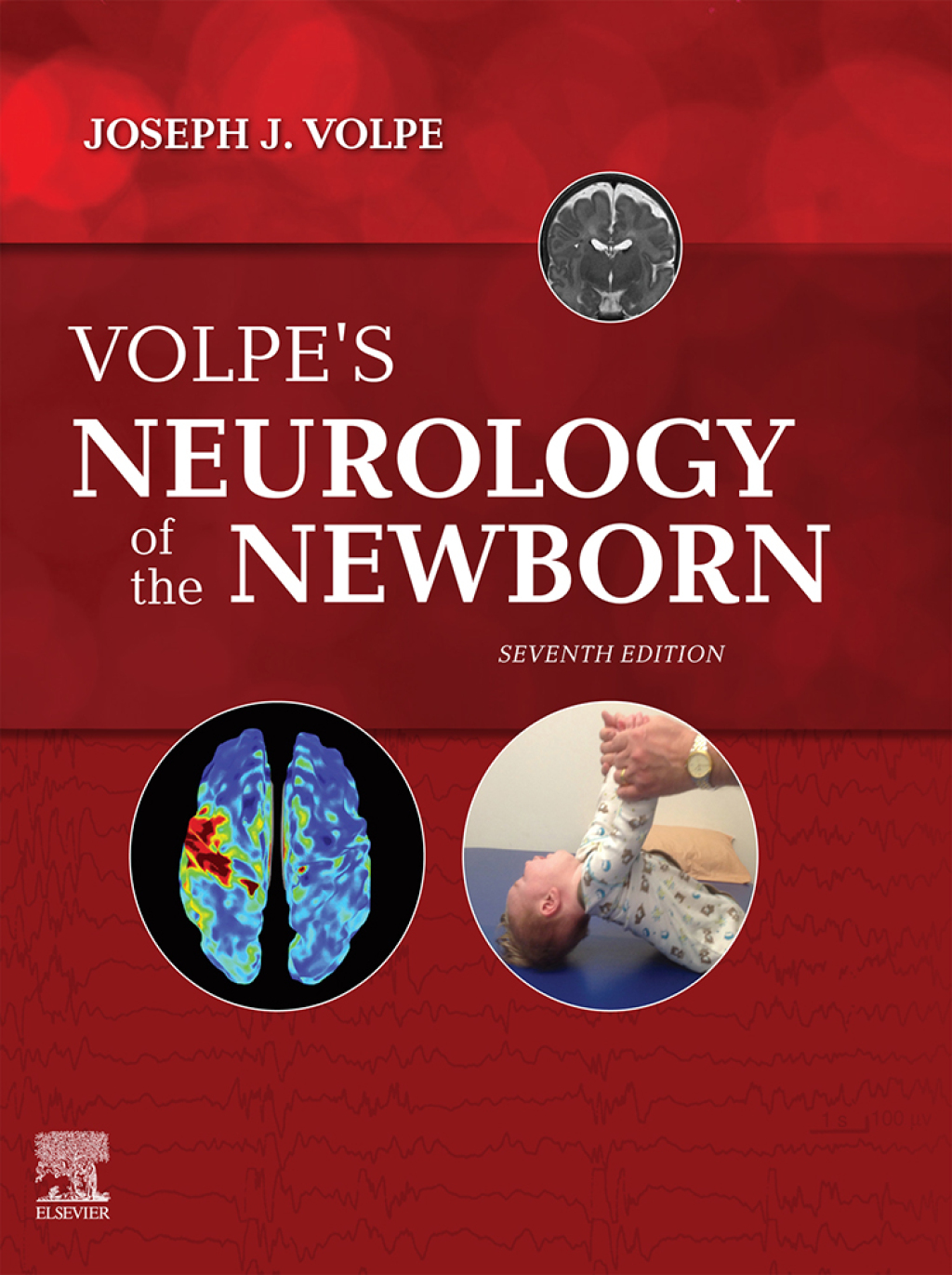This thesis presents the first report of the comprehensive and quantitative analysis of the effects of tumor-derived mutations on the tetrameric structure of tumor suppressor protein p53, which plays a central role in maintaining genomic integrity. Inactivation of p53 via mutation of its gene is a key step in tumorigenesis. Biophysical analyses revealed that the stability of the mutant peptides varied widely. Formation of a tetrameric structure is to be critical for protein–protein interactions, DNA binding, and the post-translational modification of p53. A small destabilization of the tetrameric structure therefore could result in dysfunction of tumor suppressor activity. This work suggests that the threshold for loss of tumor suppressor activity, in terms of the disruption of p53’s tetrameric structure, could be extremely low. Furthermore, functional control of p53 via tetramer formation was demonstrated, based on the structure–function analysis of mutant p53. The results disclosed that relatively small changes in tetramer formation, induced by the stabilization or inhibition of homo-tetramerization, could control p53 function.
“Volpe’s Neurology of the Newborn 7th Edition” has been added to your cart. View cart
Tetramer Stability and Functional Regulation of Tumor Suppressor Protein p53
Author(s): Rui Kamada
Publisher: Springer
ISBN: 9784431541349
Edition:
$39,99
Delivery: This can be downloaded Immediately after purchasing.
Version: Only PDF Version.
Compatible Devices: Can be read on any device (Kindle, NOOK, Android/IOS devices, Windows, MAC)
Quality: High Quality. No missing contents. Printable
Recommended Software: Check here










